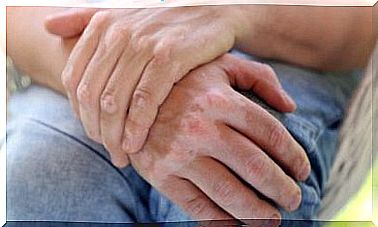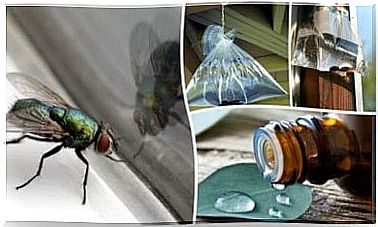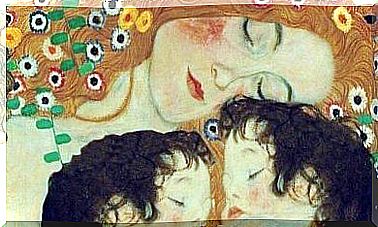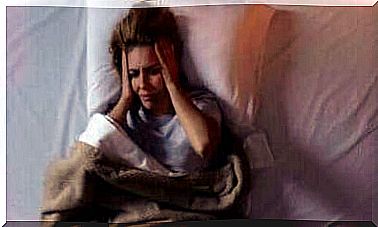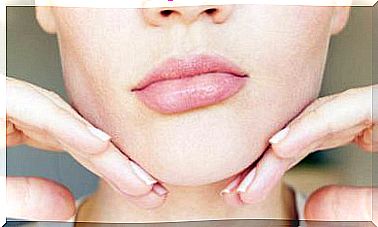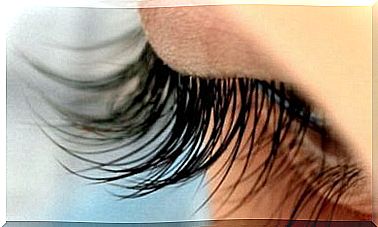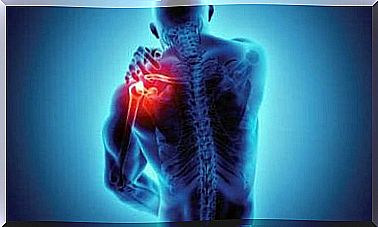Postpartum Alopecia: Everything You Need To Know
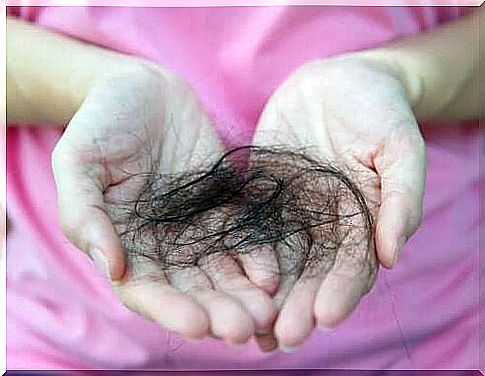
Postpartum alopecia is the hair loss that follows pregnancy. To be exact, it occurs two to three months after giving birth. It is not related to the type of breastfeeding chosen.
Causes of postpartum alopecia
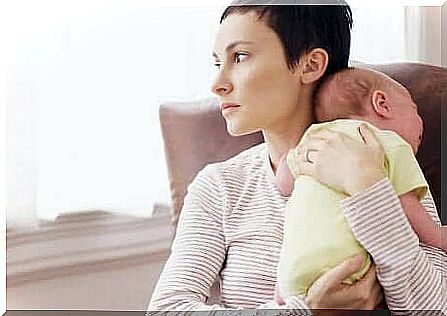
This type of alopecia is caused by the temporary hormonal imbalances that occur after giving birth. However, other factors also affect such as:
- Stress: It is normal for a woman who has become a mother to feel agitated or stressed.
- Iron Levels: Decreased iron levels occur in a high percentage of women after giving birth and this affects hair loss.
Biological cycle of hair
To understand what postpartum alopecia consists of, it is important to know the biological cycle of the hair. Each hair follicle is capable of developing 20 to 25 cycles. These cycles, as explained on LaRoche, consist of 3 phases:
- Anagen: corresponds to the growth phase and lasts from 2 to 6 years.
- Catagen: is the phase in which hair growth stops. It has a duration of 2 or 3 weeks.
- Telogen: in this phase the hair falls out. This process takes about 3 months. Then the Anagen phase begins again in the same follicle.
Typically 90% of hair is in the growth phase, while the remaining 10% is in the fall phase. Nonetheless, levels of estrogen and thyroid hormones keep hair in the anagen phase during pregnancy. This is why many pregnant women notice their hair healthier and more voluminous.
Postpartum alopecia
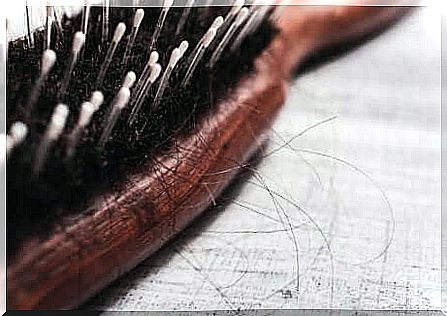
After giving birth, hormone levels rebalance, and all the hair that was in the growth phase suddenly passes to the falling out phase. Following this, during the second or third month of the baby’s life, the woman will suffer from postpartum alopecia.
If during pregnancy the woman loses between 50 and 100 hairs a day, after giving birth this number can triple, losing up to 500 hairs a day.
The duration of postpartum alopecia ranges from 4 to 6 months, although hair recovery will take a few months and will be very subjective.
Postpartum anemia and alopecia
Iron deficiency or iron deficiency anemia is very common during the postpartum phase.
This is due to the considerable loss of blood during childbirth and the puerperium, as indicated in a study published in the Revista Peruana de Ginecología yu Obstetricia .
Iron deficiency leads to a reduction in hemoglobin levels, so the tissues do not receive the necessary amount of oxygen. In the long run, the hair bulbs weaken, which favors the onset of postpartum alopecia.
Likewise, factors such as:
- Fatigue.
- Insomnia.
- Changes in eating habits.
- Stress due to new duties and care for the newborn.
Prevention and treatment of postpartum alopecia
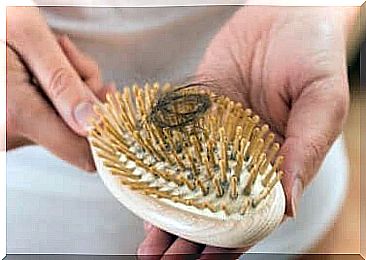
To prevent and calm the symptoms of postpartum alopecia, the woman must take care of her hair.
Products
The woman should gently comb her hair and use shampoos and products suitable for postpartum alopecia. In addition to this, it is advisable to limit the use of hairdryers, straighteners, rough brushes and other treatments that can be aggressive for the hair.
Nutrition
As for nutrition, it is necessary to take essential vitamins, trace elements and amino acids. Especially those that promote hair health, such as sulfur amino acids, cysteine and methionine, as indicated by a study published in the Chilean dermatological magazine .
These amino acids allow the transport of iron and zinc to the scalp. Remember that zinc is vital for the formation of keratin, which is the most important protein in the hair.
On the other hand, the B vitamins, including biotin, regulate sebaceous secretion; selenium, as an antioxidant, guarantees important functions for maintaining good hair health.
Millet extract, rich in vitamins, essential mineral fatty acids, as shown by a study published in Comprehensive reviews in food science and food safety , may hinder hair loss by stimulating its growth.
We hope this information will be useful to you when it comes time to give birth. As always, if in doubt it is advisable to consult your doctor.
